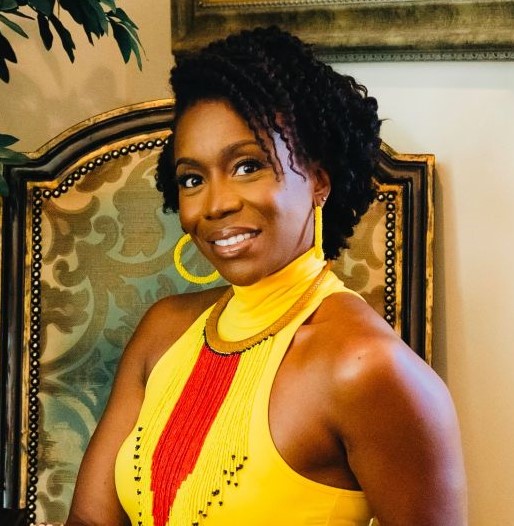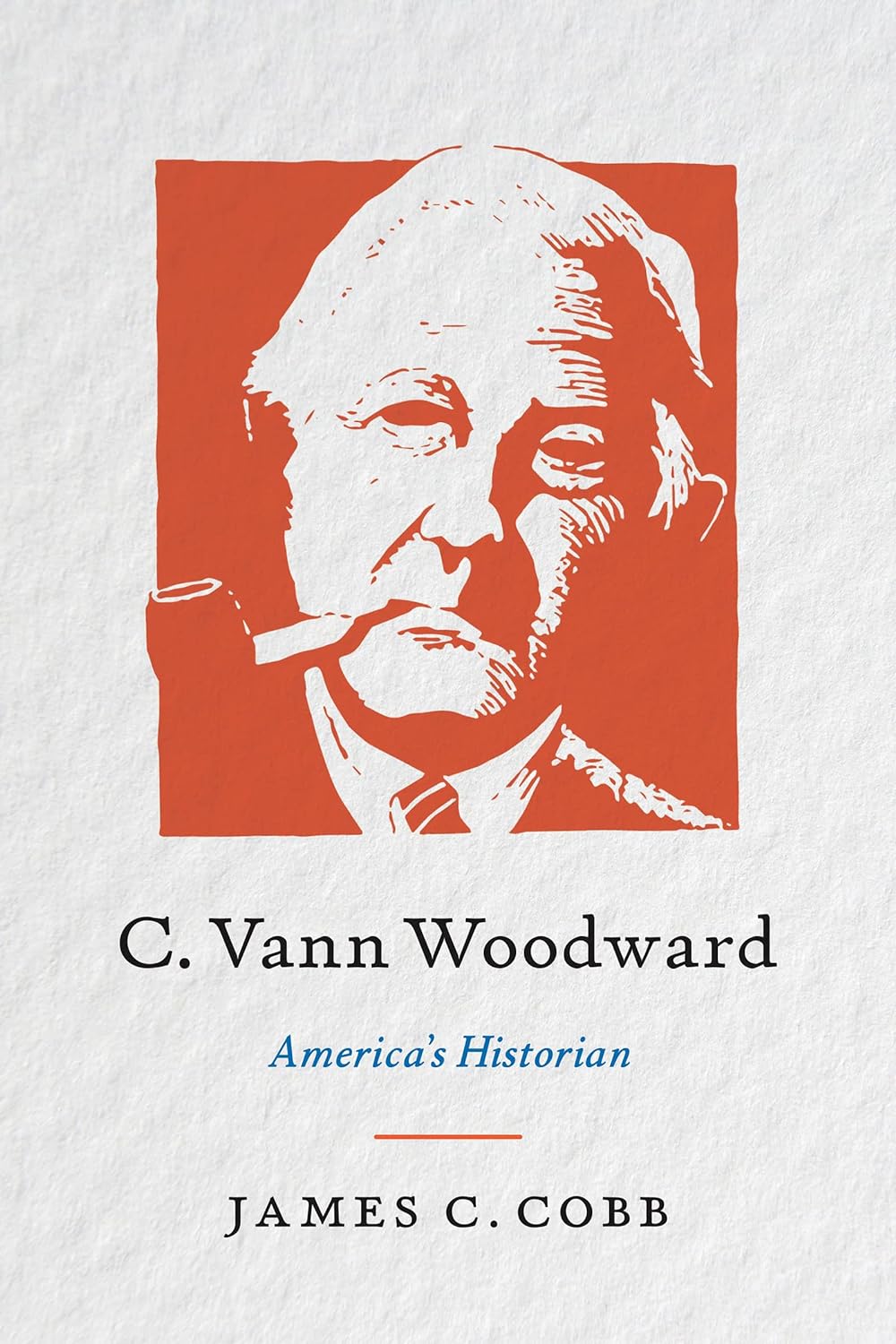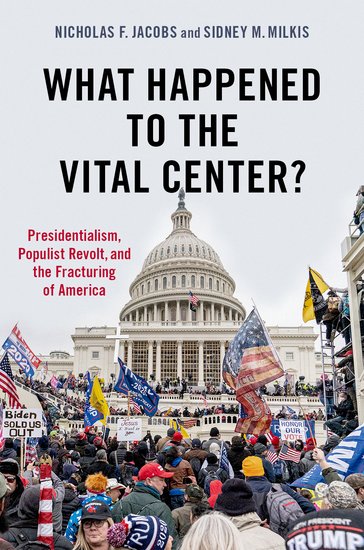Stan’s guest this week is best-selling author Jeryn Turner, who discusses her writing life, her upbringing, books, and the inspiration behind her fulfilling life.


Stan’s guest this week is best-selling author Jeryn Turner, who discusses her writing life, her upbringing, books, and the inspiration behind her fulfilling life.

Stan’s guest this week is renowned (and recovering) sociologist John Shelton Reed, who discusses his career, what’s still southern about the South, the Campaign for Real Barbecue, and writing country music lyrics.

Off the Deaton Path presents a special series exploring the theme of the 2023-2024 Georgia History Festival: Governing Georgia Across Three Centuries. The second video in this series focuses on the establishment of government in Georgia when James Oglethorpe and the first colonists arrived in 1733 to what became Great Britain’s final colony in mainland North America.
Classroom worksheets that pair with each Governing Georgia Across Three Centuries video are available on the Georgia History Festival website.
Stan’s guest this week is Dr. Jim Cobb of the University of Georgia, talking about his new biography of historian C. Vann Woodward, one of the most distinguished and important historians of the 20th century.

Stan’s guest this week is political scientist Sidney Milkis of the University of Virginia, who discusses his new book, What Happened to the Vital Center? Presidentialism, Populist Revolt, and the Fracturing of America. This is a wide-ranging discussion about American political history and the US Constitution.
